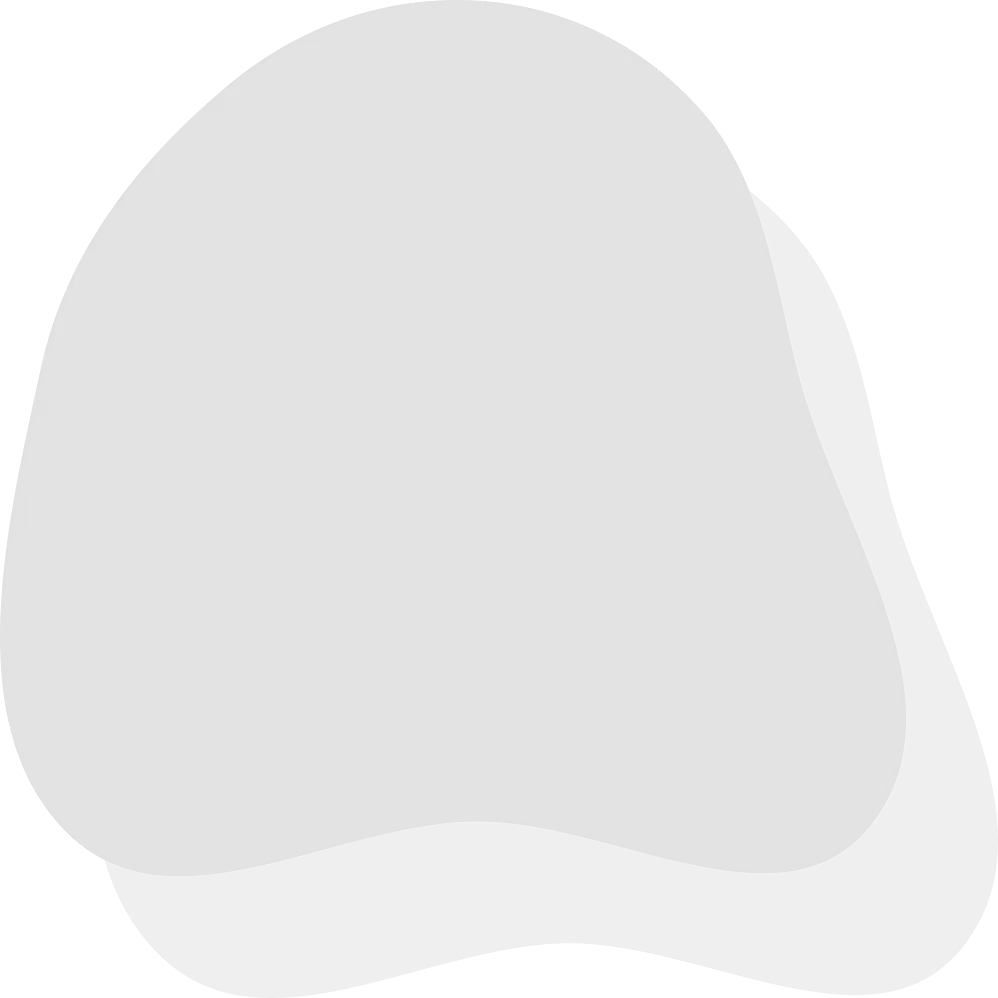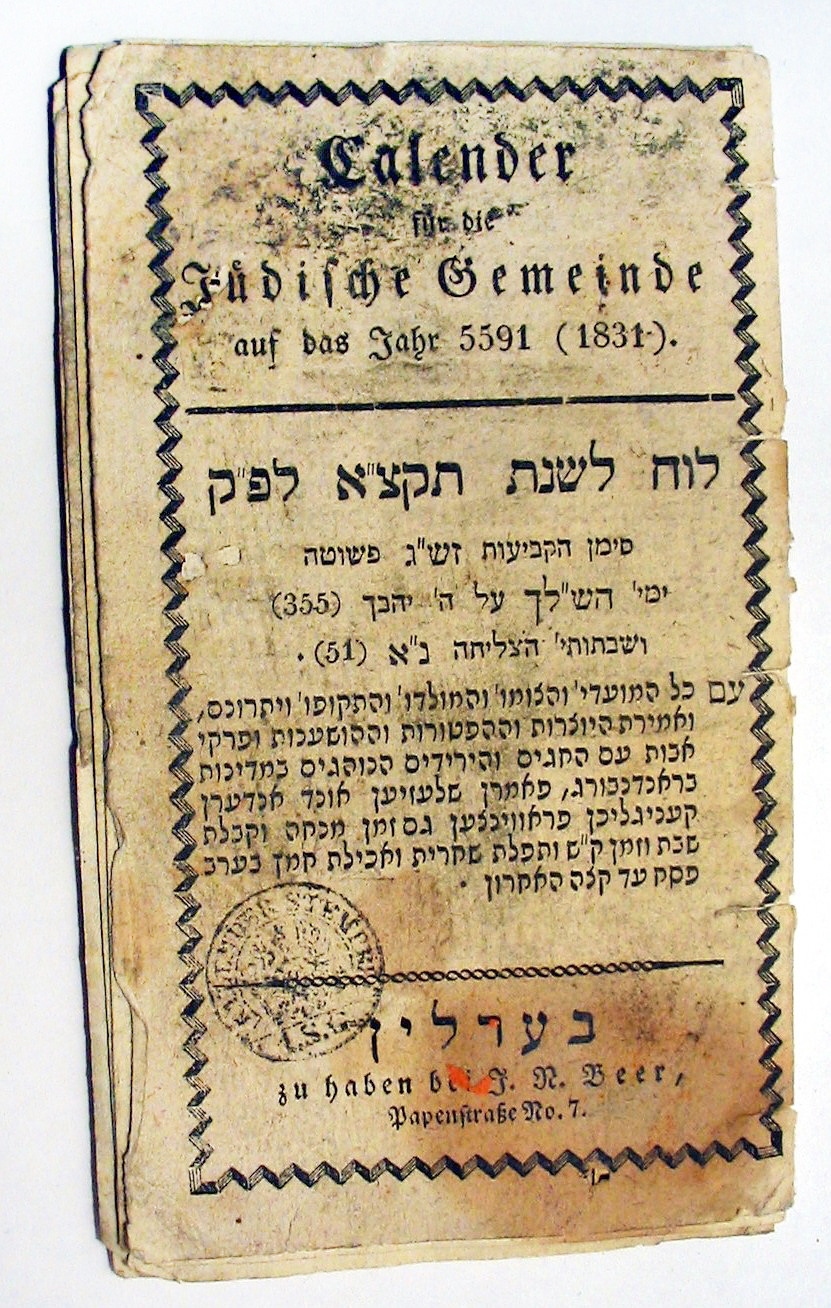Calendar Facts for Kids
A calendar is a system of organizing days into weeks and months, helping people plan events and remember important dates.
View Article For:

Related Articles
Introduction
It's like a big planner that tells us what day it is, when to celebrate holidays, and when to do our homework. Calendars show special events like Christmas 🎄 and our birthdays 🎂! Different cultures have their own calendars, like the Chinese Lunar calendar, which celebrates the Moon's phases. Calendar systems help us keep track of seasons, so we can know when to plant flowers 🌸 or celebrate summer! So when you check the date on your phone or wall, you're using a calendar to keep your life organized!
Types Of Calendars
Other calendars include the Lunar calendar 🌜, which follows the Moon's cycles, and the Islamic calendar, which has 12 months too but is shorter. The Hebrew calendar is used by Jewish people and also has months based on the Moon. Each month in the Chinese calendar relates to the Lunar cycle, and celebrates animals in a cycle of 12! 🐉
Knowing different types helps us understand cultures and celebrations around the world!
History Of Calendars
Later, the Romans created the Julian Calendar in 45 BCE, which added months and days. It had 365 days in a year, but it wasn't perfect. In 1582, Pope Gregory XIII improved it, making the Gregorian Calendar we use today. It's very similar to the Julian Calendar, but now, it helps us stay on time more accurately!
Calendars In Religion
️ The Jewish calendar has important holidays like Passover and Yom Kippur. In Islam, Ramadan is a month of fasting and prayer, celebrated on their lunar calendar. The Christian liturgical calendar marks significant days, like Easter and Advent. The Hindu calendar includes celebrations such as Diwali, marking important events in their religious stories. Each faith uses time and dates to keep their traditions alive. It helps believers know when to celebrate, fast, or remember special events. 📖
Calendars connect us to our spiritual beliefs and community!
Modern Calendar Systems
It helps us organize school schedules, holidays, and activities. Many people use digital calendars on smartphones or tablets. These calendars can give reminders for birthdays 🎈 and appointments! Various apps allow sharing calendars with friends and family. Also, schools use calendars to schedule breaks and classes. Some businesses have their unique calendars to plan for finances. The modern world relies on calendars to stay connected and organized in our busy lives. 📲
Calendars are essential for work, school, and everyday planning!
Calendars And Agriculture
Farmers use them to know the best times for planting and harvesting crops. For example, in the Northern Hemisphere, spring 🌺 is a good time to plant vegetables. Farmers following the lunar calendar might plant just before a full moon, thinking it helps in growth! In ancient cultures, calendars tracked seasons like summer for hay and winter for storing food. Types of calendars guide farmers on weather patterns, especially rainfall, which is crucial for crops. So, calendars help farmers feed us all year long! 🌽
Calendars Around The World
In Ethiopia, they use a calendar with 13 months, with the extra month called Pagumē. The Chinese calendar follows the moon, so New Year celebrations change every year! 🎊
The Indian national calendar combines lunar and solar months. The Islamic calendar shifts 10 to 12 days earlier each year due to the moon's phases. In many countries, people also celebrate occasions using the Gregorian calendar! Learning about these calendars helps us understand other cultures' traditions, holidays, and ways of life. Calendars connect us globally, teaching us about our world! 🌍
Future Trends In Calendar Systems
In the future, we might see more digital calendars that are even smarter. Maybe they will automatically send reminders for important events and help plan holidays! 🌟
People might create personalized lunar calendars based on individual beliefs. As we share our lives more on social media, calendars will adapt to help us stay connected and organized. Environmentally friendly calendars may arise, focusing on sustainability. 🌿
Whatever the future holds, calendars will stay important in our daily lives, reminding us of celebrations, activities, and the joy of every single day!
Cultural Significance Of Calendars
For example, in India, people celebrate Diwali, the festival of lights, on specific dates. In Mexico, Día de los Muertos honors ancestors each November. Different calendars show when to plant seeds 🪴 or harvest crops. In China, the New Year begins between January 21 and February 20! 🌟
When we understand a culture's calendar, we get to know their stories, celebrations, and ways of life. So, calendars aren't just numbers; they're full of traditions, history, and joy!
Leap Years And Calendar Adjustments
A leap year has an extra day added to February, making February 29 days long instead of 28. This happens every four years because Earth takes about 365.25 days to orbit the Sun. So, to fix the calendar, we add a leap day every four years! However, years that are perfectly divisible by 100 aren’t leap years unless they're also divisible by 400. In 2000, that was a leap year, but 1900 was not! Leap years ensure our seasons and calendars stay in sync, so summer never accidentally sneaks into winter! ❄
️
The Impact Of Technology On Calendars
Before digital calendars, people relied on paper or wall calendars. Today, we have calendar apps on phones and computers that let us plan easily! With a click, we can share events with friends and instantly get reminders. ⏰
Technology makes scheduling playdates or meetings more convenient! Many apps offer beautiful designs, alerts for holidays, and ways to sync with friends' calendars. Online calendars can also update automatically, adjusting for things like leap years! Technology helps us stay connected and organized in life, making calendars even more exciting!
DIY is a humongous library of
activities and courses for kids.
Curious?
Gallery of
Did you know?
🎉 A calendar helps us organize days, weeks, and months.
🎄 Different cultures have their own calendars for celebrations.
🌙 The ancient Egyptians developed one of the first calendars around 3000 BCE.
📅 The most common calendar used today is the Gregorian calendar, with 12 months.
🌜 The Lunar calendar follows the Moon's cycles and is used in various cultures.
🎊 Many religious calendars mark important celebrations for different faiths.
🌱 Farmers rely on calendars to plan planting and harvesting crops.
❄️ A leap year has an extra day in February to keep our calendar accurate.
📲 Modern calendars can be found on smartphones, making scheduling easier.
🌍 Different countries have unique calendars with special features, like Ethiopia's 13-month calendar.










